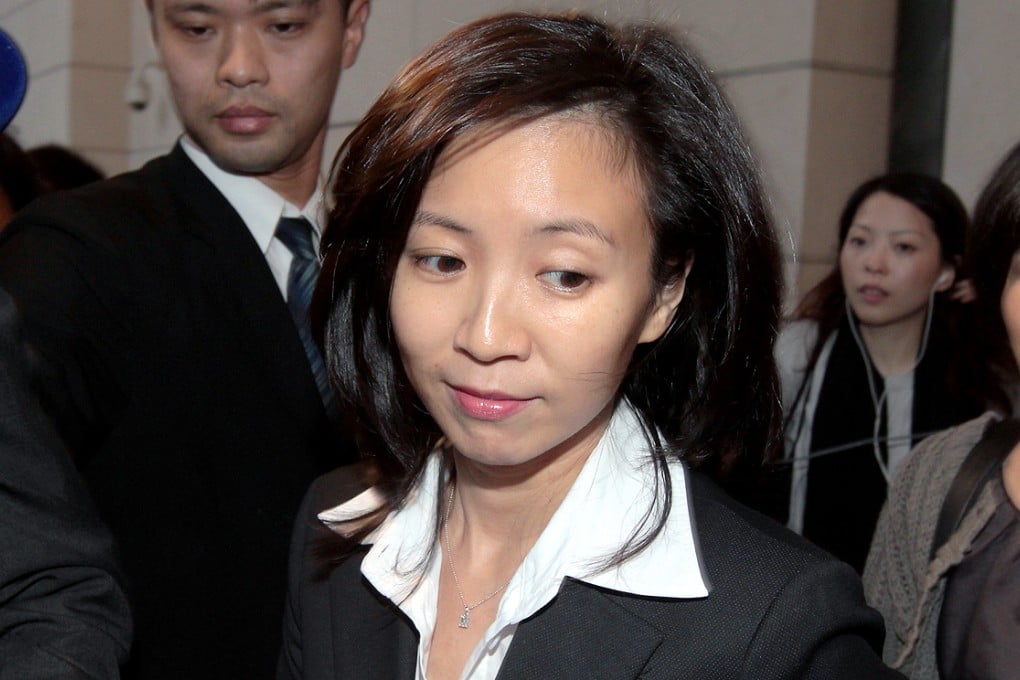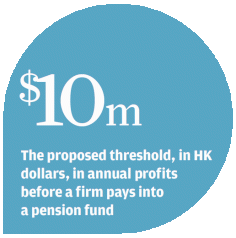Update | Hong Kong General Chamber of Commerce says no to payments for retirement scheme
Business chamber rejects extra tax on firms and says government should foot bill to help poor

One of Hong Kong's most influential business chambers says it opposes any retirement protection scheme that would require employers to inject money.

"You can imagine that people have reservations about it [asking employers to pay]. In Hong Kong, the cost of running a business is not low," she said yesterday.
A long-awaited study on retirement protection schemes by University of Hong Kong academic Nelson Chow Wing-sun, commissioned by the Commission on Poverty, will be tabled at a commission meeting on Wednesday.
The study is expected to analyse the sustainability of proposals put forward by six groups, including the Alliance for Universal Pension, the Federation of Trade Unions and the Democratic Alliance for the Betterment and Progress of Hong Kong.
The alliance suggested companies that make an annual profit of more than HK$10 million pay additional profits tax of 1.9 per cent for injection into a pension pool. It said the government should also contribute HK$50 billion.
